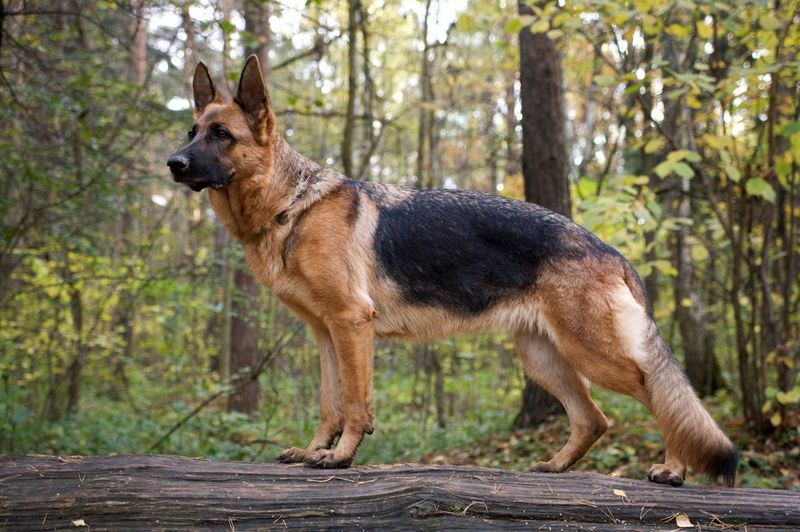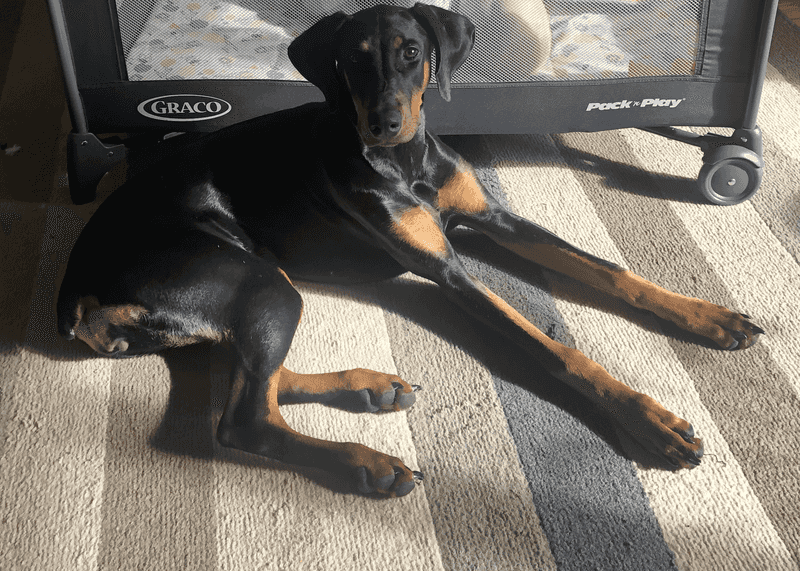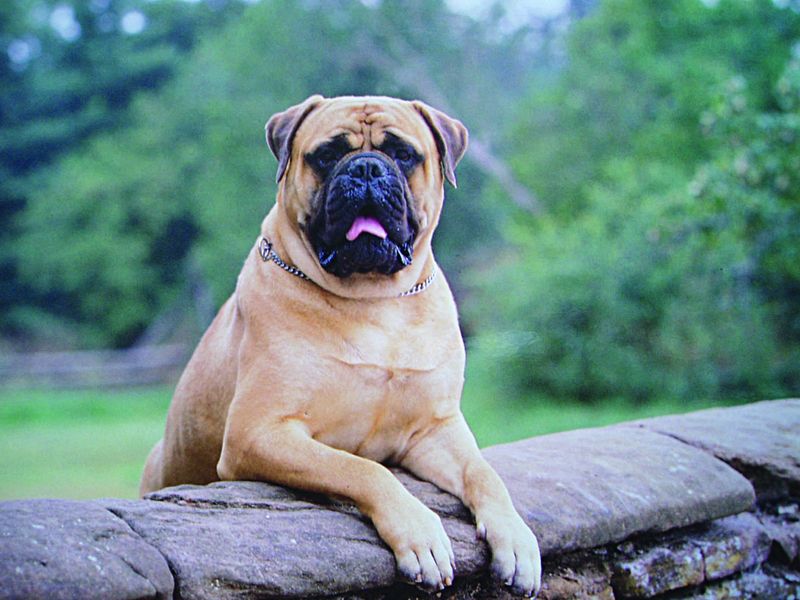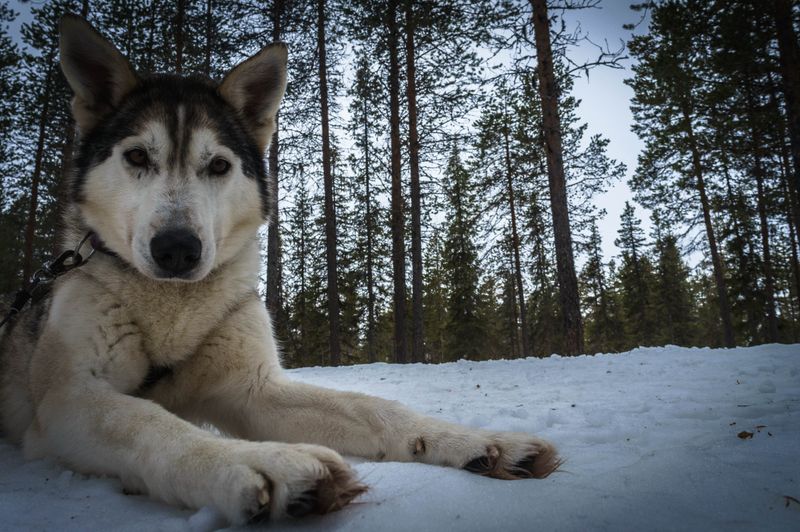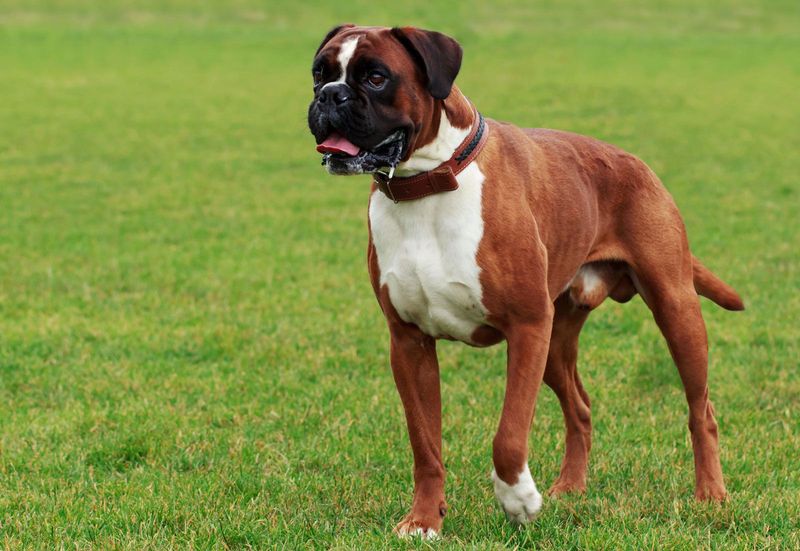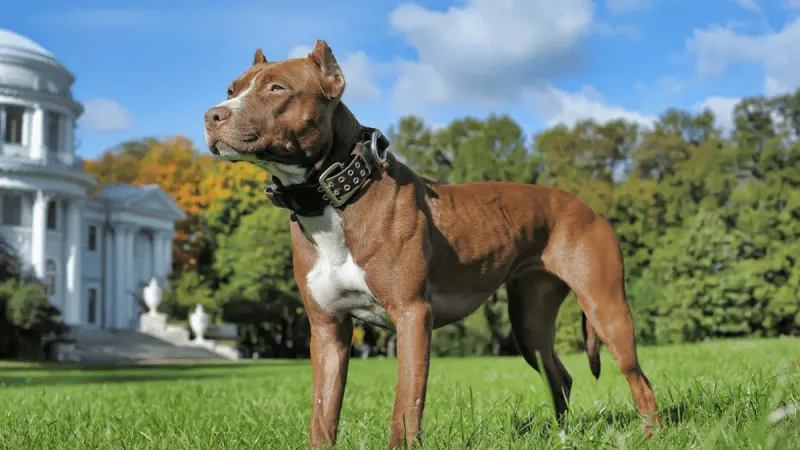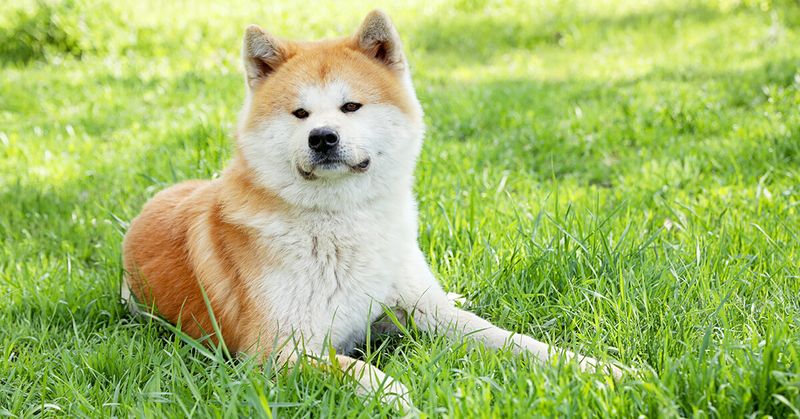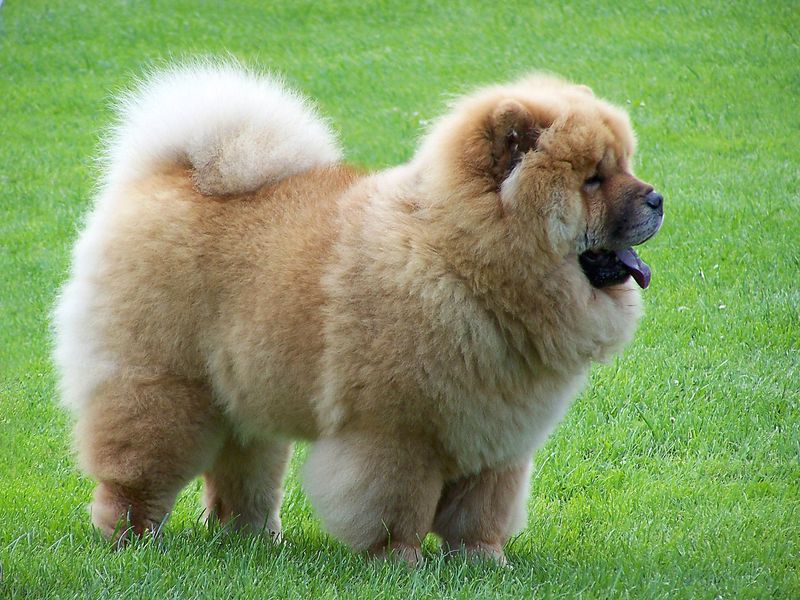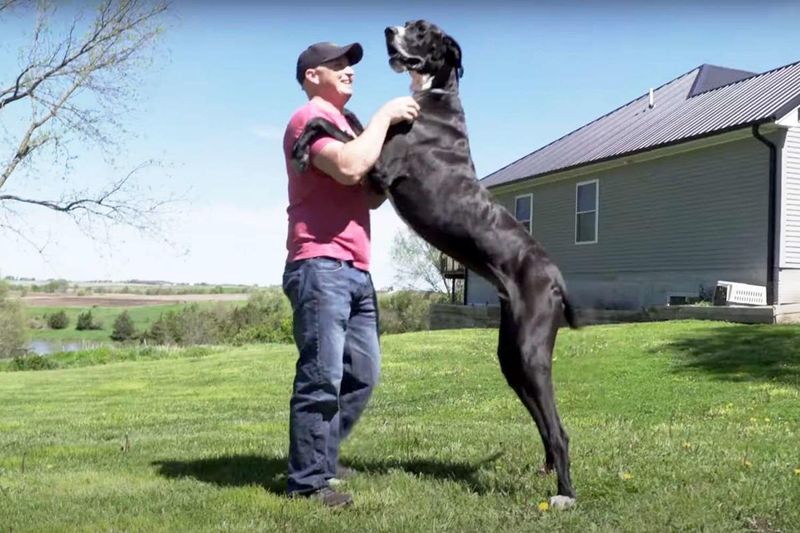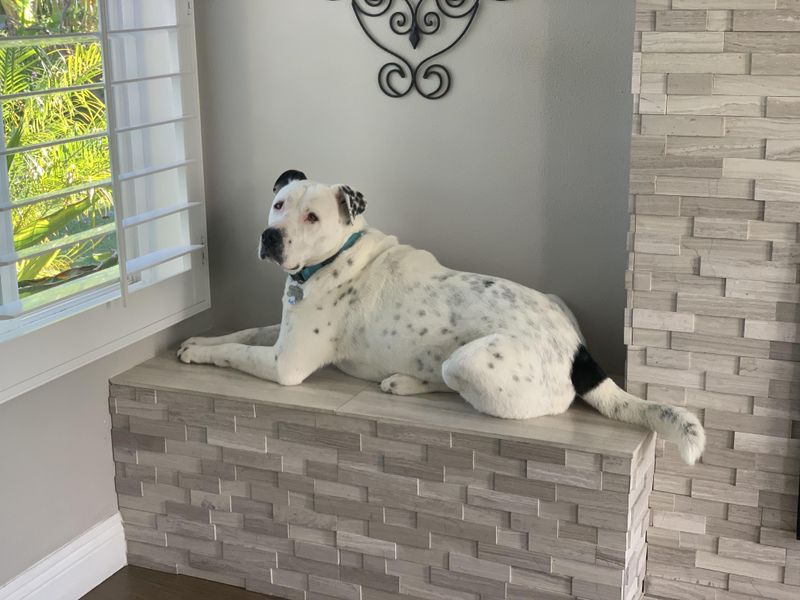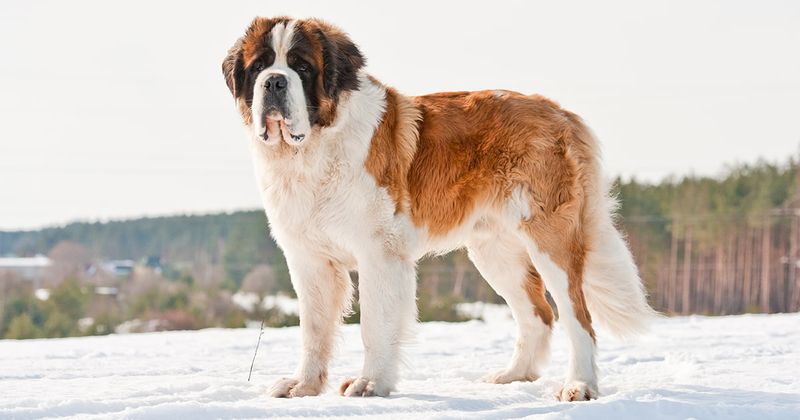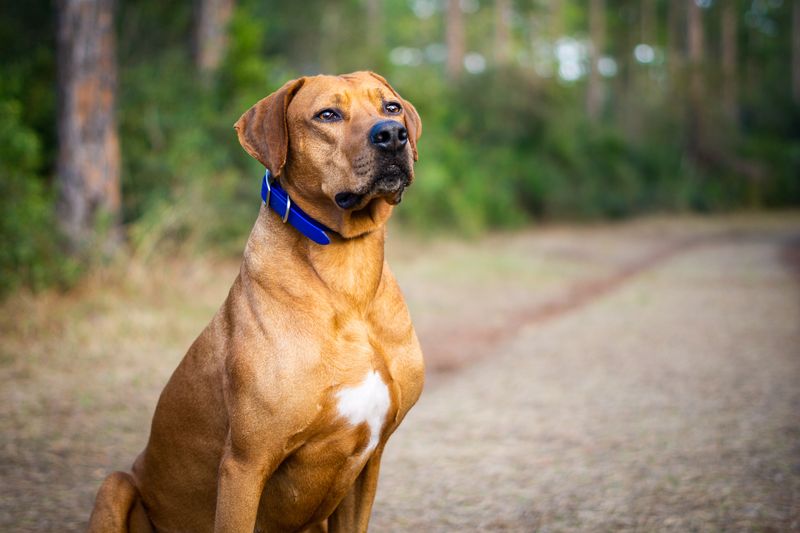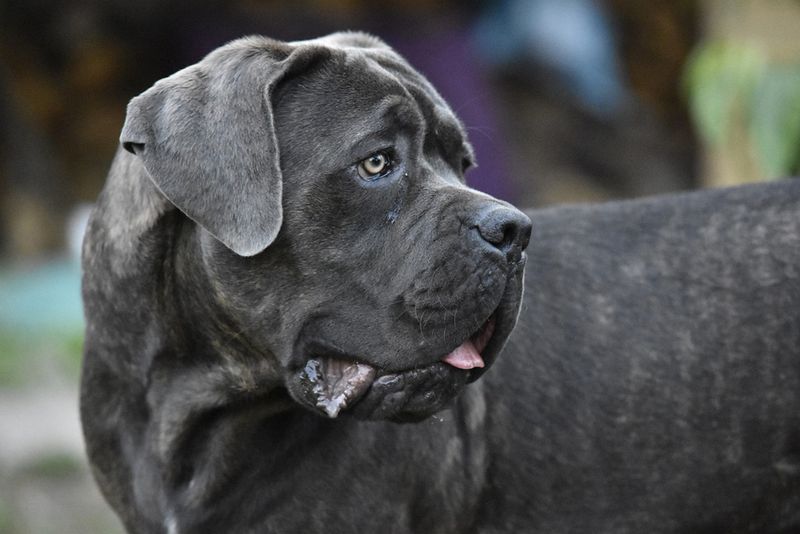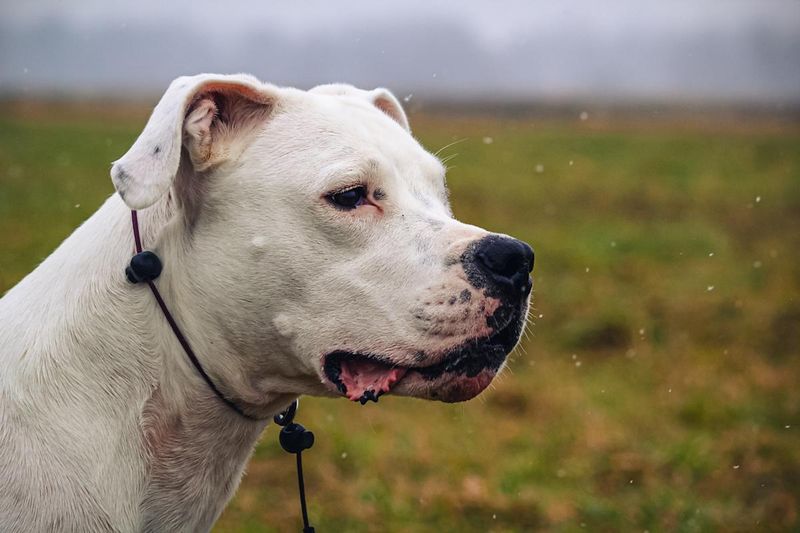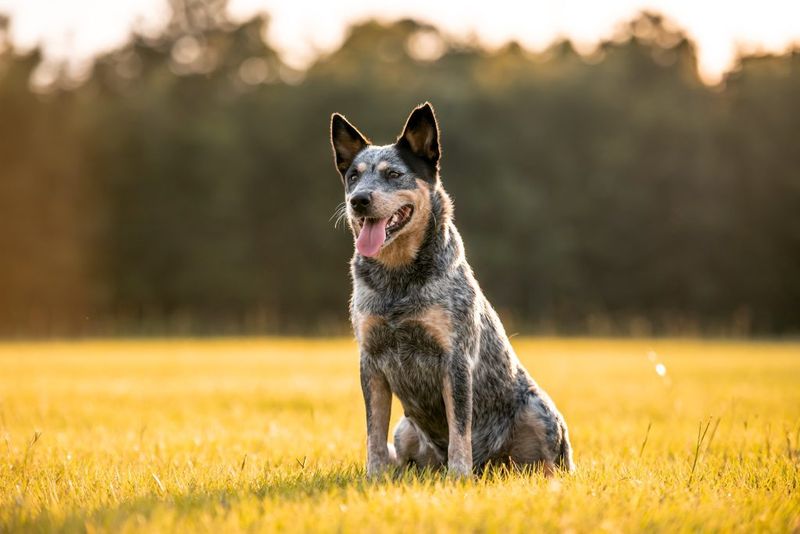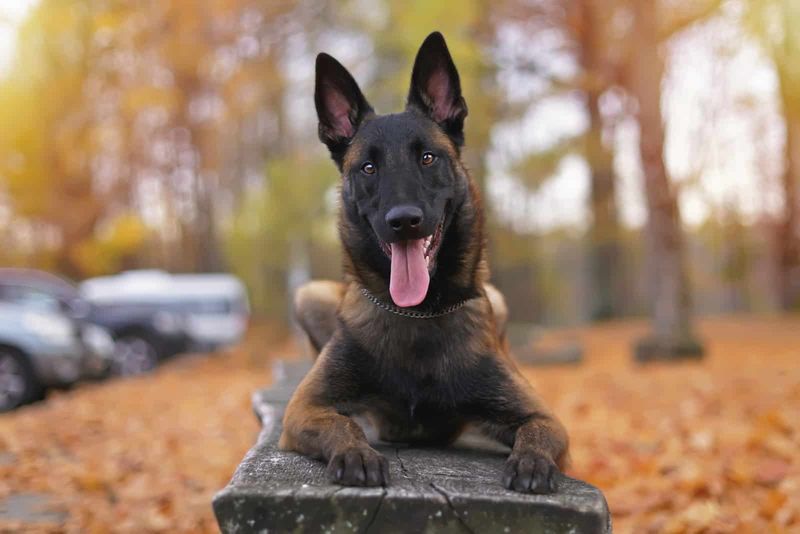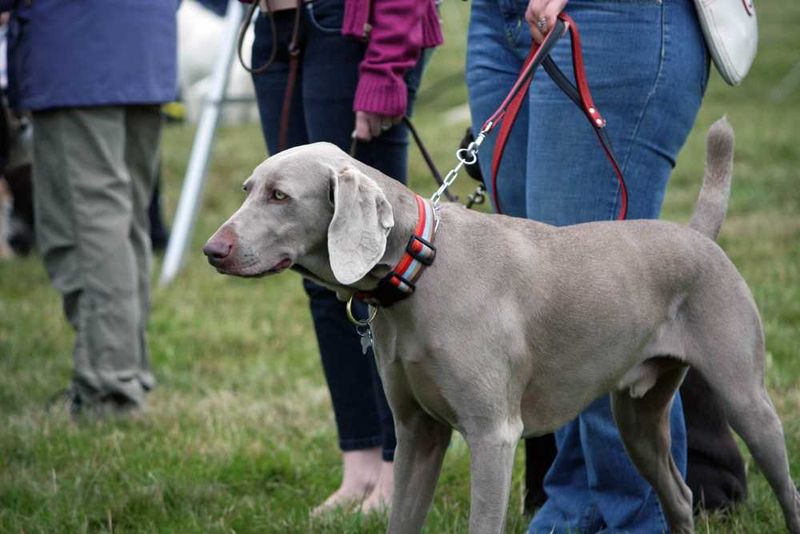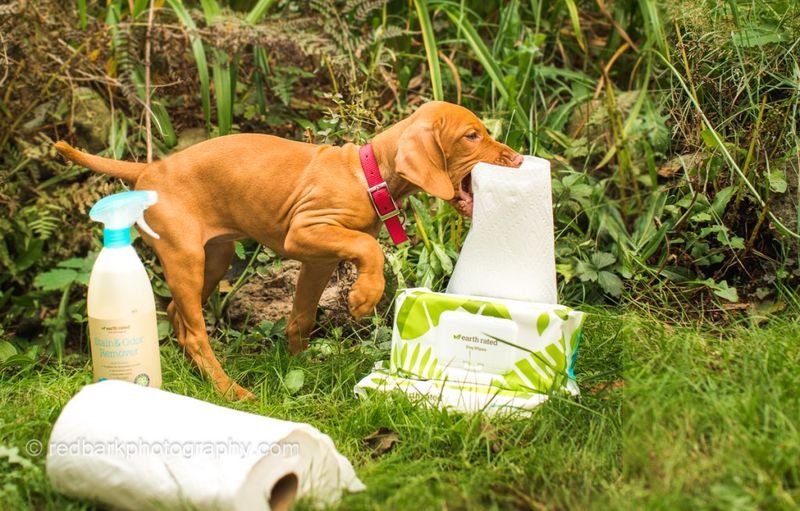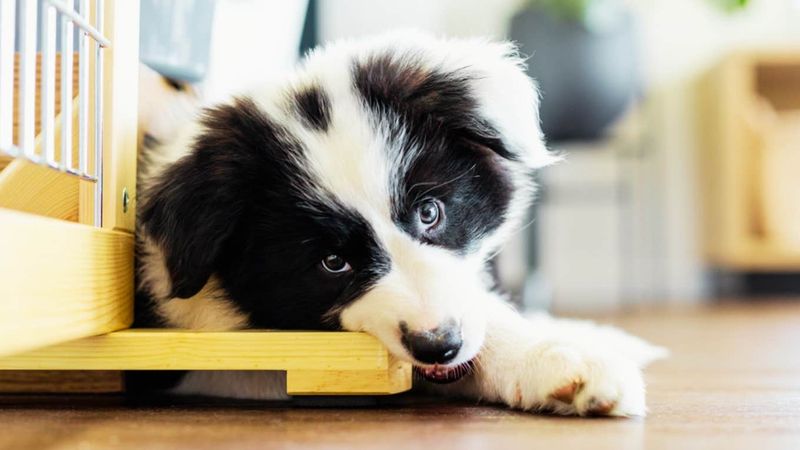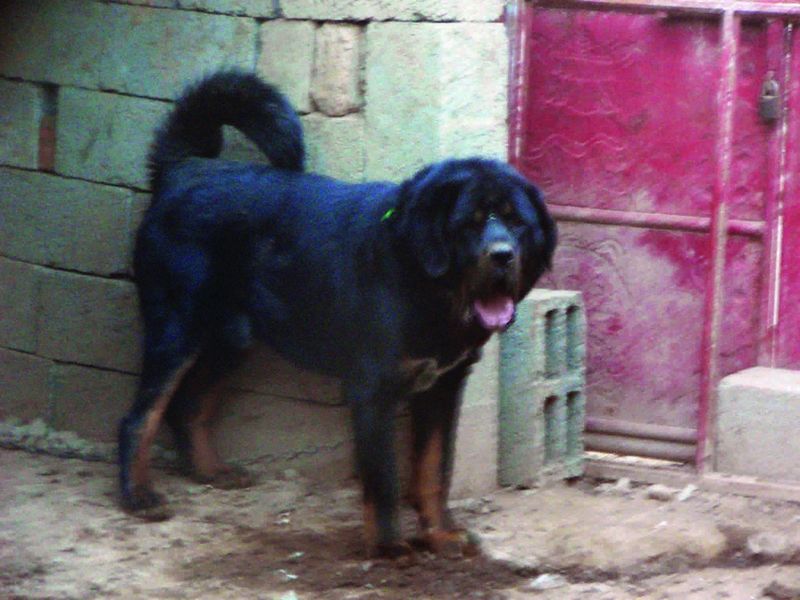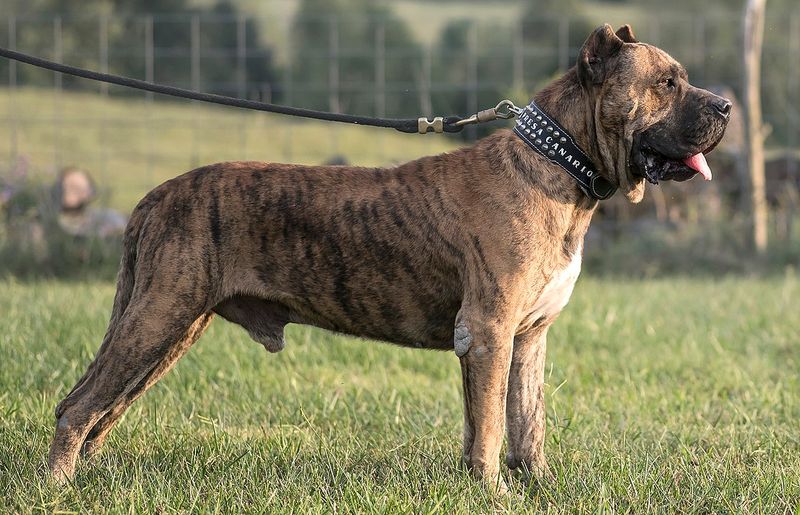While dogs are often seen as loyal companions, certain powerful breeds can pose challenges for families if not properly trained. These breeds, known for their strength and energy, can inadvertently cause chaos in a household setting. However, with the right approach to training, they can become well-mannered pets. This post explores 23 such breeds and provides insights on how to train them effectively.
German Shepherd
With unparalleled intelligence and versatility, German Shepherds serve in police and military roles worldwide. Their keen mind demands stimulation; otherwise, boredom can lead to mischief.
German Shepherds thrive on structured training from a young age. They’ve a natural inclination to protect, which requires management.
Regular exercise and mental challenges keep them content. Known for their loyalty, these dogs require socialization to prevent shyness or aggression. Consistency and patience in training create a harmonious bond, making them exemplary family members when guided correctly.
Doberman Pinscher
Sleek, elegant, and powerful, the Doberman Pinscher exudes confidence. Their loyalty and intelligence are well-noted, yet they require an experienced hand for training.
Socialization is key from puppyhood to mitigate territorial tendencies. They respond well to positive reinforcement and require ample physical activity.
Without guidance, their energy might manifest as destructive behavior. Regular engagement in structured activities maintains their mental and physical health. When trained and socialized effectively, Dobermans are affectionate and protective family companions.
Bullmastiff
Bullmastiffs are gentle giants with a firm protective streak. Originally bred as guard dogs, they’re independent thinkers. While not overly aggressive, their size and strength require diligent training.
Early socialization and obedience training are essential. A calm, assertive approach works best, ensuring they respect boundaries.
Their natural guarding instincts can be managed with consistent guidance, making them reliable family protectors. Despite their intimidating appearance, Bullmastiffs are known for their affectionate nature towards their families.
Siberian Husky
Siberian Huskies captivate with their striking appearance and energetic nature. Originally sled dogs, their endurance is legendary.
Without proper outlets for their energy, they may become escape artists or destructive. Training needs to be consistent and engaging.
They’re intelligent but can be stubborn, requiring patience and creativity from their owners. Socialization helps manage their strong prey drive. Huskies are pack animals and thrive with companionship, making them lovable yet challenging pets.
Alaskan Malamute
Alaskan Malamutes are the epitome of strength and endurance, bred for heavy sled pulling. Their independent nature and intelligence require an experienced owner.
Training must start early to establish leadership, as they can be wilful.
They need regular exercise and mental stimulation, or they may become destructive. Socialization helps them interact well with other animals and people. When guided correctly, Malamutes are affectionate and loyal family members.
Rottweiler
Rottweilers are known for their impressive strength and protective instincts. With a history as working dogs, they need strong leadership and consistent training. A Rottweiler’s loyalty is unmatched, but without clear boundaries, they can become overprotective.
Early socialization and obedience training are crucial. Engaging activities, like agility courses, can channel their energy positively. Firm commands and positive reinforcement make training effective.
Their guarding nature needs management to prevent potential territorial aggression. Providing structure and establishing yourself as the pack leader ensures a balanced and happy Rottweiler in the family.
Boxer
Boxers are full of energy and joy. Known for their playful nature, they need ample exercise to stay balanced. Their strong-willed character requires consistent training.
Boxers are naturally protective and require early socialization. They’re intelligent and respond well to positive reinforcement techniques. Structured activities and mental challenges keep them engaged.
Despite their sometimes boisterous demeanor, Boxers are affectionate and bond closely with their families. With the right training, they become loving and protective companions.
American Pit Bull Terrier
The American Pit Bull Terrier, often misunderstood, is known for its strength and tenacity. These dogs are loyal and eager to please, making them highly trainable.
Early socialization and obedience training are crucial for managing their energy and reducing aggression towards other animals. They thrive on positive reinforcement and structured routines.
With consistent guidance and plenty of exercise, Pit Bulls can be affectionate and gentle family pets. Their reputation often belies their true nature, which is loving and protective when appropriately trained.
Akita Inu
The Akita Inu is a symbol of dignity and courage, hailing from Japan. Known for their loyalty, they form strong bonds but can be aloof with strangers.
Early socialization and firm, consistent training are necessary to manage their strong will. They require an experienced handler who can establish clear leadership.
Akitas are natural protectors, and their guarding instincts need careful management. When trained with respect and patience, they are devoted and loving companions, deeply embedded in family life.
Chow Chow
Chow Chows captivate with their lion-like appearance and independent nature. They are loyal yet reserved, often forming strong attachments to their families.
Training a Chow Chow requires patience and consistency. Socialization is key to managing their aloofness with strangers.
Despite their dignified demeanor, they need regular exercise and mental stimulation. With the right approach, Chow Chows become devoted companions, blending elegance with a calm presence.
Great Dane
Great Danes are gentle giants, known for their towering height and sweet nature. Despite their size, they’re affectionate and crave companionship.
Training should begin early to manage their strength and exuberance. They’re intelligent and respond well to positive reinforcement.
Socialization ensures they grow into well-adjusted adults, preventing shyness or aggression. With proper guidance, Great Danes are loving and devoted family members, offering loyalty and protection.
Dalmatian
Dalmatians are known for their distinctive spotted coats and boundless energy. Originally carriage dogs, they require ample exercise to thrive.
Training should be consistent and engaging, helping them focus their lively spirit. Positive reinforcement works well to manage their intelligent yet sometimes stubborn nature.
Socialization is crucial to prevent unwanted behaviors. With the right approach, Dalmatians are playful and loving companions, bringing joy to their families.
Saint Bernard
Saint Bernards are amiable giants known for their rescue work in the Alps. Their gentle temperament and size require proper training to prevent mishaps.
Early socialization and basic obedience training are essential, ensuring they respond well to commands. They thrive on consistency and positive interactions.
Regular exercise keeps them healthy, though they’re not overly active. With their calm nature, Saint Bernards become devoted companions, offering warmth and loyalty to their families.
Rhodesian Ridgeback
Rhodesian Ridgebacks, with their distinctive ridge of hair, were bred for lion hunting in Africa. Confidence and independence define them.
Training requires a firm yet gentle approach, establishing leadership early. Socialization is vital to manage their natural wariness of strangers.
Regular exercise is needed to channel their energy positively. With proper guidance, Ridgebacks are loyal and protective, making them excellent family companions.
Cane Corso
The Cane Corso, with its formidable presence, is a natural protector. Bred for guarding, they require an experienced owner for leadership.
Training should be consistent and firm, establishing boundaries early. Socialization is crucial to prevent overprotectiveness.
These intelligent dogs respond well to structured routines and positive reinforcement. With proper guidance, Cane Corsos are loyal and affectionate, balancing their powerful instincts with gentle companionship.
Dogo Argentino
The Dogo Argentino, originally bred for hunting, is powerful and athletic. Their strong prey drive requires careful management through training.
Early socialization and consistent obedience training are essential. They respond well to a firm yet loving approach.
Regular exercise and mental stimulation keep them balanced, preventing destructive behaviors. With the right guidance, Dogo Argentinos are loyal and loving companions, protective of their families yet gentle in nature.
Australian Cattle Dog
Australian Cattle Dogs are intelligent and hardworking, known for their herding abilities. Their energy and drive demand consistent training and engagement.
Early socialization helps manage their protective instincts. They excel at activities that challenge their mind and body, such as agility courses.
Positive reinforcement and clear commands work best in training. When guided properly, these dogs are loyal and affectionate, thriving as part of an active family.
Belgian Malinois
The Belgian Malinois is renowned for its work in security and law enforcement. Their intelligence and drive require an experienced handler.
Training should be rigorous, with plenty of mental and physical challenges. Socialization is key to manage their protective nature.
Engaging activities like obedience and agility training keep them stimulated. With the right approach, Belgian Malinois are loyal and dedicated companions, excelling in active environments.
Weimaraner
Weimaraners, with their sleek silver coats, are known for boundless energy and intelligence. They require ample exercise to prevent restlessness.
Training should begin early, focusing on obedience and socialization. Positive reinforcement and engaging activities keep them focused.
Their strong hunting instincts need careful management. With proper guidance, Weimaraners are affectionate and loyal companions, thriving in active households.
Vizsla
Vizslas are graceful and energetic, with a strong desire to please. Their hunting background gives them a keen sense of smell and endurance.
Training should be consistent and fun, using positive reinforcement to engage their intelligent mind. Socialization helps prevent shyness.
Regular exercise is crucial to channel their energy positively. With the right approach, Vizslas are loving and loyal family members, eager to be part of every activity.
Border Collie
Border Collies are considered one of the most intelligent dog breeds, excelling in herding and agility. Their energy and drive require constant engagement.
Training should harness their intelligence, with activities like puzzle games and obedience challenges. Socialization ensures they interact well with others.
With an experienced owner, Border Collies are loyal and enthusiastic companions, thriving in environments that allow them to work and play.
Tibetan Mastiff
The Tibetan Mastiff, with its ancient lineage, is a powerful guardian. Their independence and protective nature necessitate an experienced handler.
Early training and socialization are crucial to manage their guarding instincts. They respond best to firm yet gentle guidance.
Despite their aloofness with strangers, they’re devoted to their family. With the right approach, Tibetan Mastiffs are loyal and noble companions, deeply connected to their heritage.
Presa Canario
With a commanding presence, the Presa Canario exudes both strength and loyalty. Originating from the Canary Islands, these dogs were historically used for guarding livestock. Their protective instincts are unmatched, but without proper training, they can become too assertive.
To harness their potential positively, early socialization is crucial. Expose them to various environments and people to develop a balanced demeanor. Engage in regular obedience training sessions to channel their energy constructively.
Fun fact: The Presa Canario’s name translates to “Canary Dog of Prey,” highlighting its strong guarding instincts. This breed, with consistency and commitment, can be a devoted family companion.

